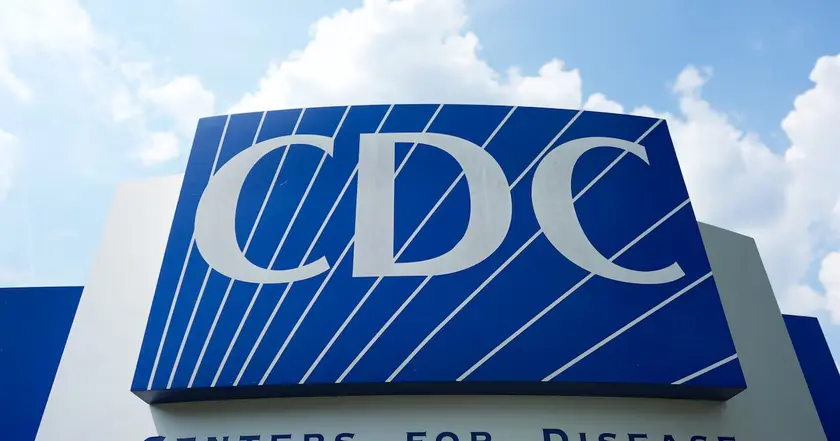T4K3.news
Mississippi Faces Rising STD Epidemic
Mississippi reports a high STD burden with congenital syphilis declared an epidemic by the CDC in 2023.

Mississippi grapples with a surge in sexually transmitted diseases, highlighted by a congenital syphilis epidemic per the 2023 CDC data.
Mississippi Faces Rising STD Epidemic
New CDC data show Mississippi has a high burden of sexually transmitted diseases. The latest report places the state at about 1,200 STD cases per 100,000 people. It ranks 3rd for primary and secondary syphilis, 5th for gonorrhea, and 2nd for chlamydia. The case mix includes a rapid increase in congenital syphilis, with the CDC labeling it an epidemic in the state.
Public health officials say the figures reflect access to care, testing opportunities, and timely treatment. Health experts emphasize the need for expanded prenatal screening, partner notification, and outreach in rural areas. While the numbers are concerning, professionals caution against blaming individuals and urge sustained investment in clinics, education, and stigma reduction to turn the tide.
Key Takeaways
"Mississippi ranked 3rd for primary and secondary syphilis, 5th for gonorrhea, and 2nd for chlamydia"
CDC 2023 report on state STD burden
"Public health works when we translate data into outreach"
Public health expert in analysis
"Congenital syphilis being labeled an epidemic underscores risk to infants"
CDC designation in latest report
"This isn’t just a statistic it’s people who need care now"
Editorial framing
The numbers point to structural gaps in Mississippi health care, especially in rural communities where testing and care are harder to access. An epidemic label for congenital syphilis could push more resources toward prenatal care and surveillance, but it may also invite political tensions around health budgets. The challenge is to turn data into action rather than slogans.
Looking ahead, Mississippi will be judged by its ability to link people to testing, treatment, and supportive services. A successful response would combine expanded screening with community outreach, expectant mother care, and efforts to reduce stigma. If the effort stalls, disparities may widen and public trust in health systems could erode.
Highlights
- Outreach must outrun stigma that shuts people out.
- Access to care is a lifeline not a luxury.
- Data should spark action, not excuses.
- Equity in care is the cure this state needs.
Public health data risks and political sensitivity
Mississippi's rising STD rates and the designation of an epidemic may invite political debate, budget scrutiny, and stigma. Readers may react with concern about state policy, healthcare access, and the treatment of affected communities.
Turning data into care will define the next chapter for Mississippi health outcomes.
Enjoyed this? Let your friends know!
Related News

Mississippi experiences record increase in congenital syphilis cases

Significant rise in sexually transmitted diseases reported

HIV rates in Russia rise sharply during war

Over 120 million Americans facing extreme heat warnings

Young Americans face higher rectal cancer risk

Surge in nitazene overdoses raises alarms across Europe

Amsterdam faces major ketamine crisis

Carolinas reported among highest in STD rates
